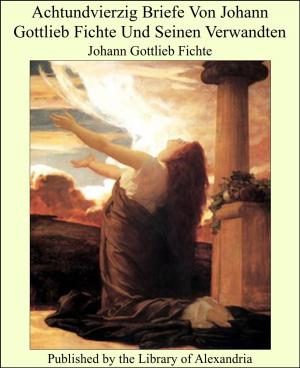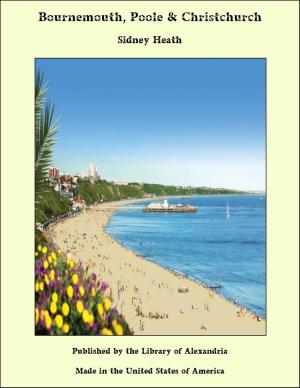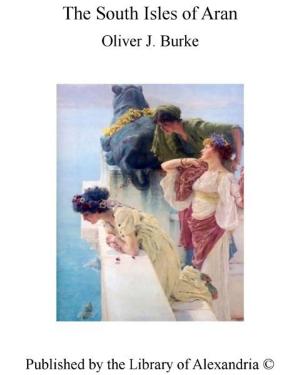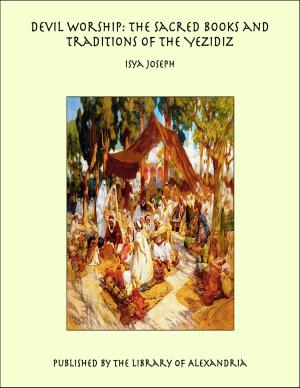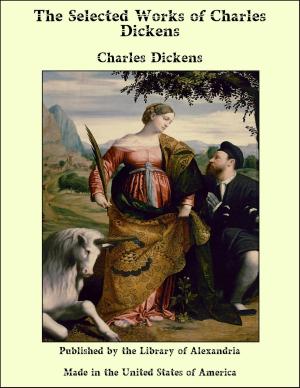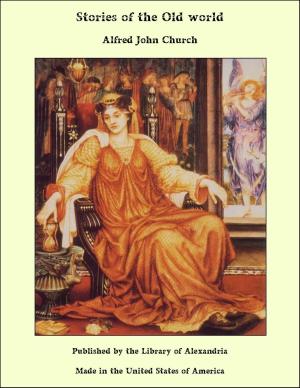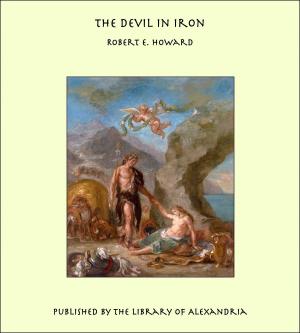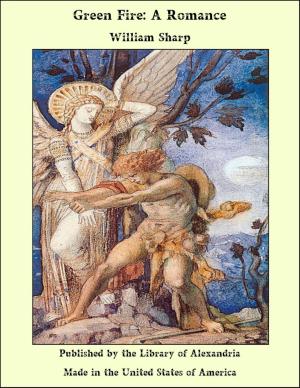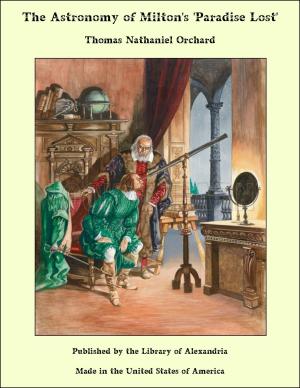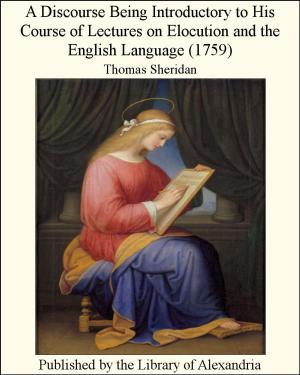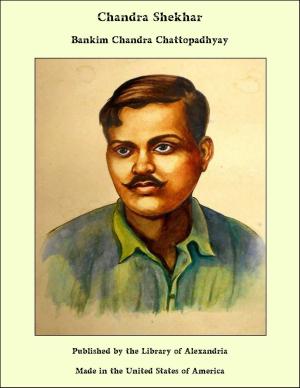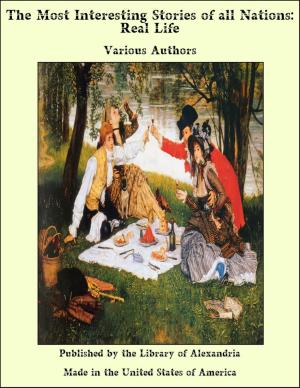Halleck's New English Literature
Nonfiction, Religion & Spirituality, New Age, History, Fiction & Literature| Author: | Reuben Post Halleck | ISBN: | 9781465623737 |
| Publisher: | Library of Alexandria | Publication: | March 8, 2015 |
| Imprint: | Language: | English |
| Author: | Reuben Post Halleck |
| ISBN: | 9781465623737 |
| Publisher: | Library of Alexandria |
| Publication: | March 8, 2015 |
| Imprint: | |
| Language: | English |
Subject Matter and Aim.—The history of English literature traces the development of the best poetry and prose written in English by the inhabitants of the British Isles. For more than twelve hundred years the Anglo-Saxon race has been producing this great literature, which includes among its achievements the incomparable work of Shakespeare. This literature is so great in amount that the student who approaches the study without a guide is usually bewildered. He needs a history of English literature for the same reason that a traveler in England requires a guidebook. Such a history should do more than indicate where the choicest treasures of literature may be found; it should also show the interesting stages of development; it should emphasize some of the ideals that have made the Anglo-Saxons one of the most famous races in the world; and it should inspire a love for the reading of good literature. No satisfactory definition of "literature" has ever been framed. Milton's conception of it was "something so written to after times, as they should not willingly let it die." Shakespeare's working definition of literature was something addressed not to after times but to an eternal present, and invested with such a touch of nature as to make the whole world kin. When he says of Duncan:— "After life's fitful fever he sleeps well," he touches the feelings of mortals of all times and opens the door for imaginative activity, causing us to wonder why life should be a fitful fever, followed by an incommunicable sleep. Much of what we call literature would not survive the test of Shakespeare's definition; but true literature must appeal to imagination and feeling as well as to intellect. No mere definition can take the place of what may be called a feeling for literature. Such a feeling will develop as the best English poetry and prose: are sympathetically read.
Subject Matter and Aim.—The history of English literature traces the development of the best poetry and prose written in English by the inhabitants of the British Isles. For more than twelve hundred years the Anglo-Saxon race has been producing this great literature, which includes among its achievements the incomparable work of Shakespeare. This literature is so great in amount that the student who approaches the study without a guide is usually bewildered. He needs a history of English literature for the same reason that a traveler in England requires a guidebook. Such a history should do more than indicate where the choicest treasures of literature may be found; it should also show the interesting stages of development; it should emphasize some of the ideals that have made the Anglo-Saxons one of the most famous races in the world; and it should inspire a love for the reading of good literature. No satisfactory definition of "literature" has ever been framed. Milton's conception of it was "something so written to after times, as they should not willingly let it die." Shakespeare's working definition of literature was something addressed not to after times but to an eternal present, and invested with such a touch of nature as to make the whole world kin. When he says of Duncan:— "After life's fitful fever he sleeps well," he touches the feelings of mortals of all times and opens the door for imaginative activity, causing us to wonder why life should be a fitful fever, followed by an incommunicable sleep. Much of what we call literature would not survive the test of Shakespeare's definition; but true literature must appeal to imagination and feeling as well as to intellect. No mere definition can take the place of what may be called a feeling for literature. Such a feeling will develop as the best English poetry and prose: are sympathetically read.

